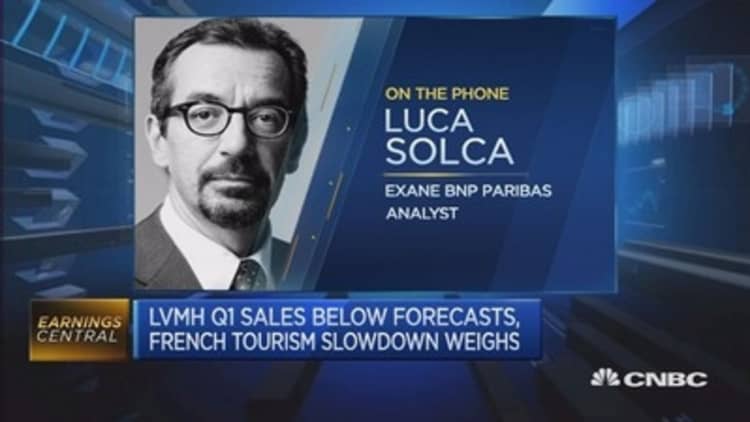
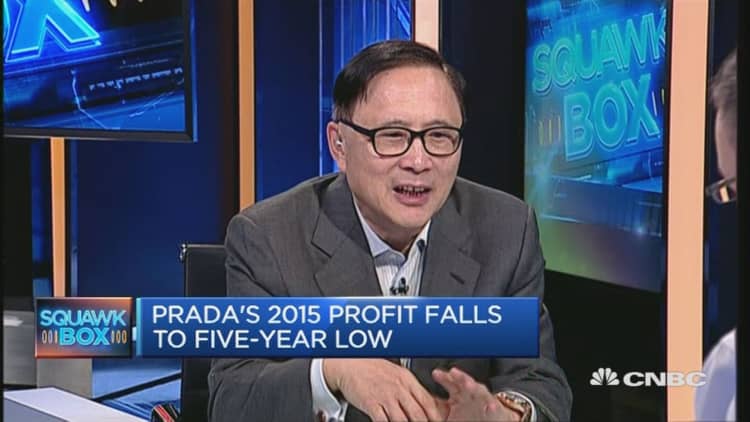
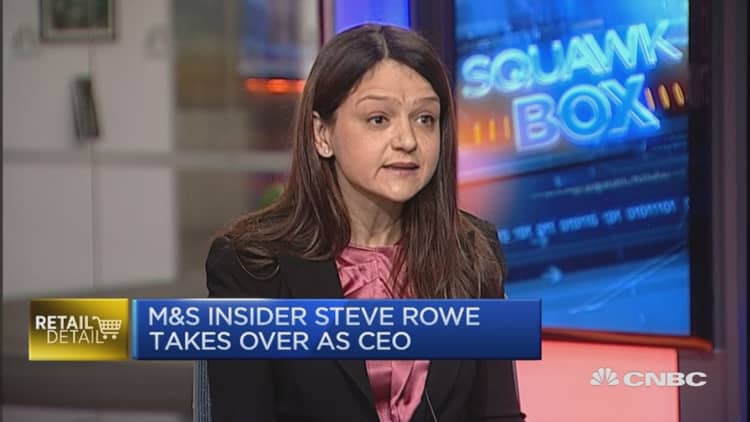
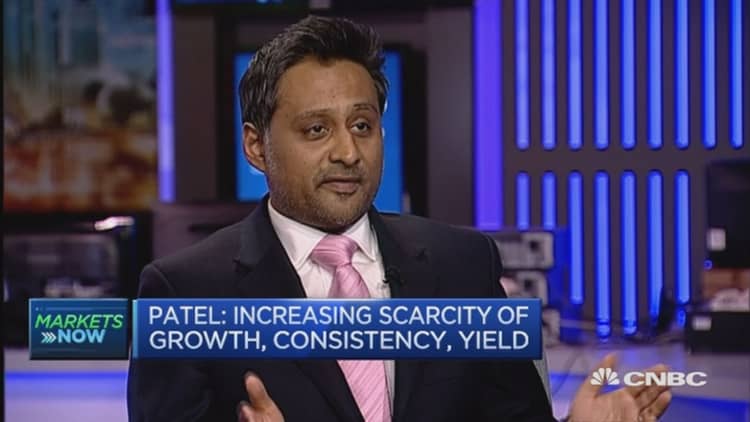
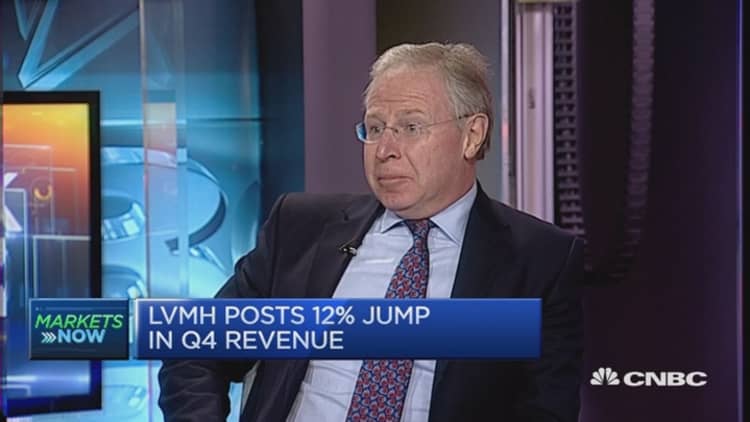

From concerns over China to a seismic shift in consumer tastes; the raft of headwinds weighing on luxury brands means the sector may be forced to embrace a new normal, analysts suggest.
"The luxury sector and the largest companies within it need to adjust to a new normal," Luca Solca, head of luxury goods at Exane BNP Paribas, told CNBC Tuesday.
"If we had growth of between 7 or 8 percent in the past five or six years, my view is that we're going to go to 2 to 5 percent in the next three to five years, and (luxury firms) need to adjust their cost profile and adjust their (capital expenditure) to that."
Once seen as a big contributor to luxury, China has now become an area of uncertainty for brands, as a shift in consumer demand, a devalued yuan and China's anti-corruption drive push companies to rethink how they operate in the market.
Geopolitical situations such as the terror attacks in Paris and a "relatively weak" global macroeconomic picture have also impacted growth, however analysts suggest that higher prices and a greater number of stores may not be the best strategy for luxury firms.
"Luxury isn't really luxury when it's sold everywhere to everyone; it loses exclusivity, and in turn its entwinement with selectiveness. When luxury is exclusive, and better yet, recognizably exclusive, it reaches its greatest desirability," Winston Chesterfield, research director at intelligence provider Wealth-X, told CNBC by email.
To avoid harming "the sense of exclusivity", brands should focus on tailoring their goods — in both design and purpose — to each region they want to attract, Chesterfield said, adding that by showing an understanding for different natural and social environments, this will help brands keep their "edge" over the mass market.
Both analysts' comments come as luxury titan LVMH reported 2016's first-quarter earnings on Tuesday. While the French firm's total revenue rose some 4 percent to 8.62 billion euros ($9.8 billion) year-on-year, sales in its fashion division were flat in the first quarter, with the company citing "varied" performance in Asia and a decline in French tourism as key headwinds.
'Experiential' luxury
One of the U.K.'s most popular clothing retailers Next, warned in March that 2016 would be a "challenging year", not only because of an uncertain economic environment worldwide, but that there could be a shift in consumer spending: away from clothes to experience-related expenditure, such as travel and eating out.
While buying a luxury watch or handbag used to be a way of luxury consumers broadcasting their wealth, now "experiential" luxury events have become incorporated into this space, and social media has become a key driver of that, Chesterfield explained. An example of such an event could be a unique once-in-a-lifetime holiday.
"Food and travel experiences are a part of the broadened palette of luxury consumers. Now that they have the means to broadcast and 'own' these experiences, it has made the world of luxury experience — which has infinitely more variety than the world of luxury products — more alluring," he said.
Trends forecaster and research firm The Future Laboratory, echoed Chesterfield's comments, saying luxury would have to shift from heritage to legacy, and redefine what the sector means to attract modern consumers.
"Contemporary luxury is not just about materials, provenance and process, but more about innovation, sustainability and experience," Jonathan Openshaw, editor at The Future Laboratory, told CNBC by email.
"The era where logos were enough to flog product is drawing to an end, making room for a more engaged sense of what luxury means today. This isn't all about consumer engagement and crowdsourcing your brand – far from it: having a strong point of view is more important than ever," Openshaw added.
"But it's very much about showing that you're as engaged with the contemporary world as your consumers are, and that your brand isn't frozen in aspic."
—By CNBC's Alexandra Gibbs, follow her @AlexGibbsy and @CNBCi




